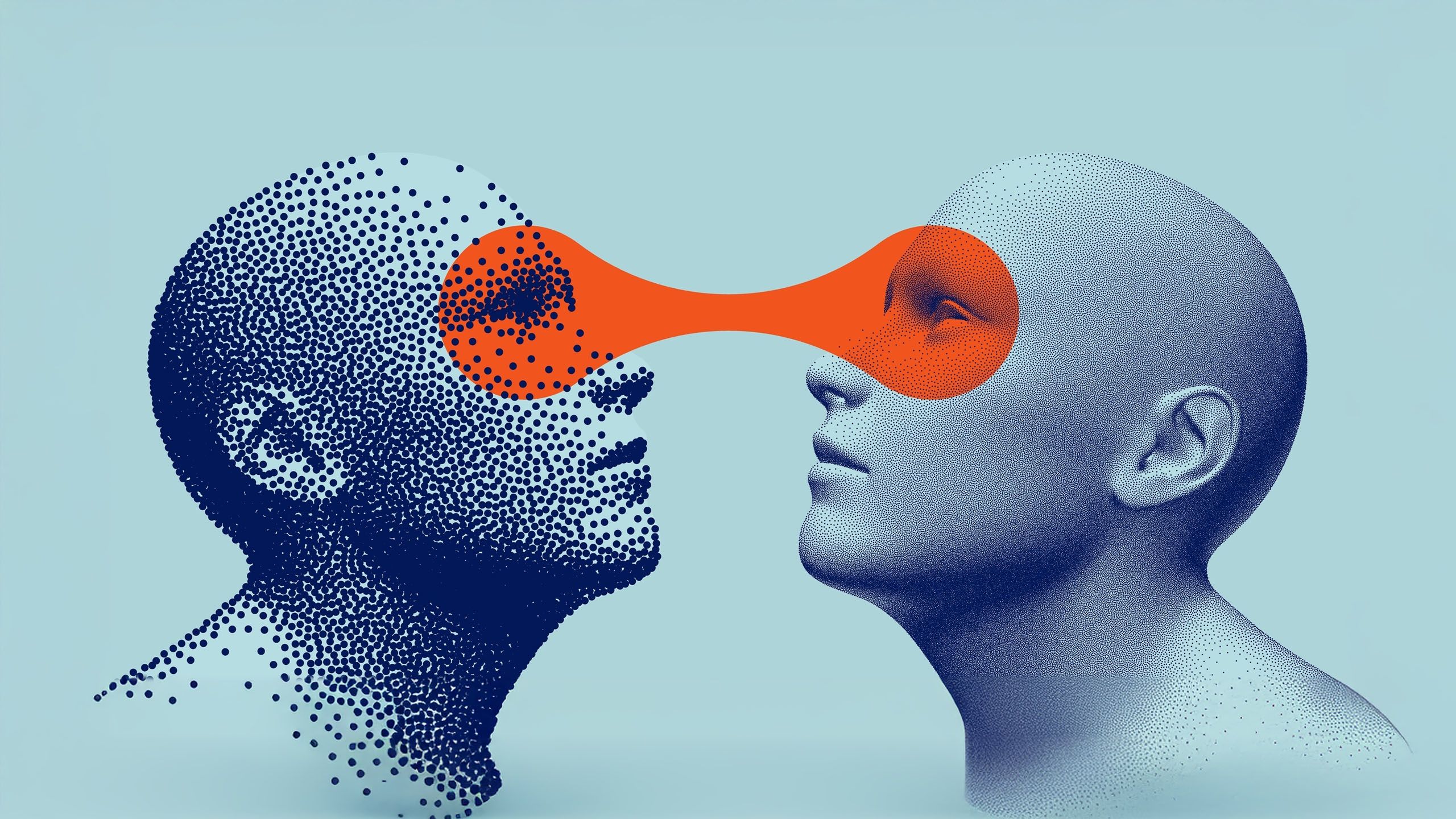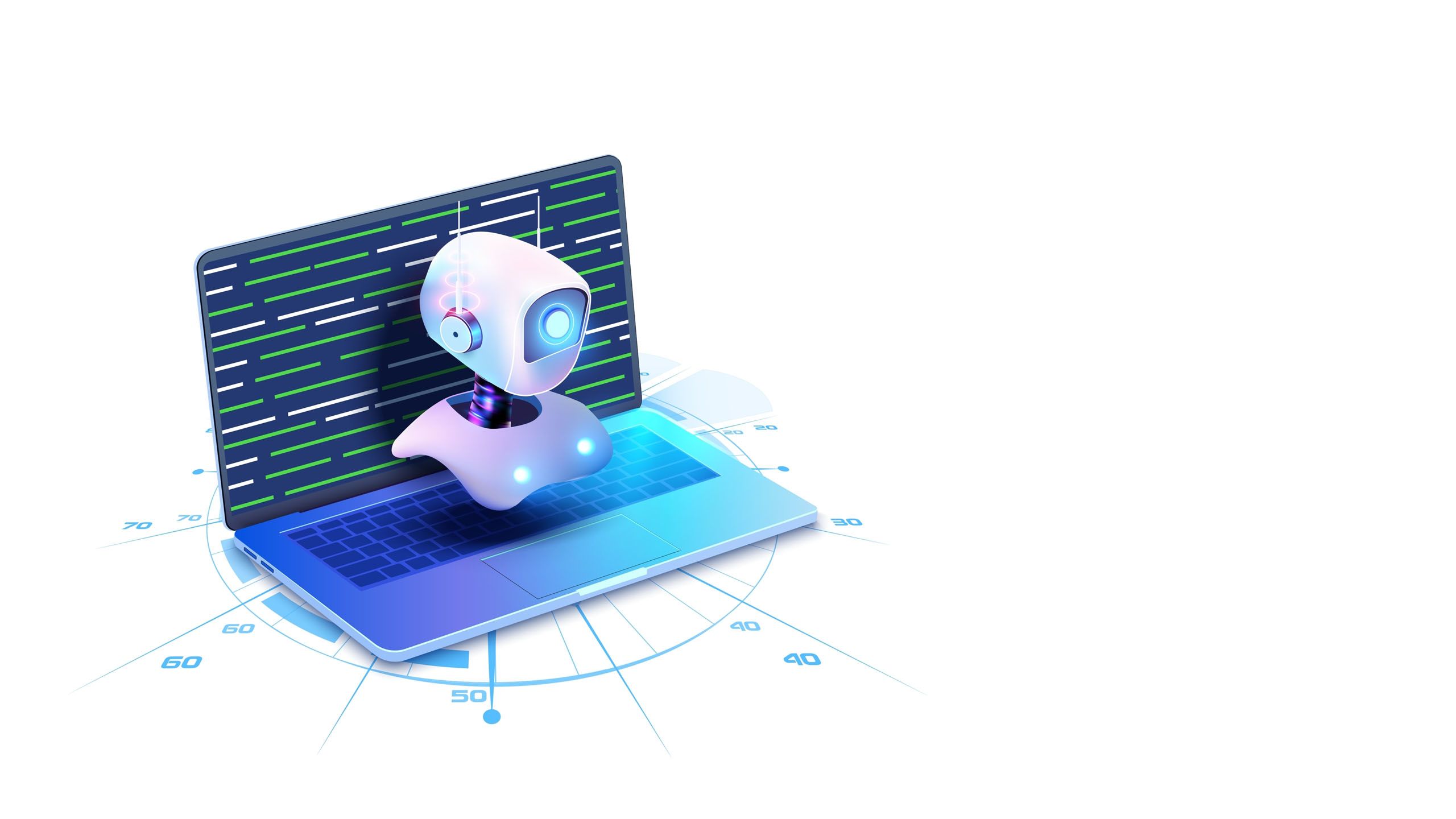AI in healthcare:
Existential threat or transformative opportunity?

As AI continues to evolve rapidly, questions about its ethical, social, and existential implications are becoming increasingly urgent. AI promises to revolutionise industries, especially healthcare. In this article, medico-legal expert Dr Marietjie Botes takes us through the risks (and opportunities) this new technology presents.
Concerns about AI’s existential risks have garnered attention from prominent figures in science and technology. Physicist Stephen Hawking warned in 2014 that AI could signal humanity's demise. Elon Musk has likened its dangers to those of nuclear weapons, advocating for Mars colonisation as a safeguard against a potential rogue AI. Microsoft co-founder Bill Gates has echoed these warnings, aligning with Musk’s apprehensions about superintelligence. Even Sam Altman, CEO of OpenAI, the organisation behind ChatGPT, has publicly acknowledged the possibility of AI-driven global upheaval.
In 2023, anxiety over AI's unchecked growth culminated in a bold proposal by the Future of Life Institute and the Centre for AI Safety. These organisations called for a six-month pause on developing systems more advanced than OpenAI's GPT-4, equating AI risks to those of nuclear war and pandemics. Their appeal, backed by industry leaders, reflected fears about humanity’s ability to manage technology's rapid development responsibly.
Who shapes AI?
The debate over AI’s future extends to its ethical oversight. Philosopher Nick Bostrom’s concept of "existential risk" (X-risk) highlights threats that could annihilate humanity or permanently hinder its potential. However, ethical discussions around AI are increasingly dominated by corporate interests. The 2023 Stanford AI Index Report revealed that 71% of AI ethics publications now come from industry, a significant shift from academia's historically dominant role.
This corporate influence poses a critical question: Can private companies, driven by profit motives, fairly shape AI’s ethical frameworks? These entities often prioritise the perspectives of high-income nations, risking the exclusion of voices from the Global South. This disparity raises concerns about AI reinforcing global inequalities, particularly when algorithms designed in one context are applied to vastly different socio-economic settings.
“Practitioners need protocols for monitoring unexpected behaviours or errors in AI systems and must be prepared with contingency plans when these occur.”
Everyday risks of AI
While existential risks dominate headlines, more immediate concerns about AI demand attention. Algorithmic bias, AI hallucinations, misinformation, and privacy breaches are pressing issues. In medicine, for instance, studies suggest GPT-based systems may offer biased diagnoses based on race or gender. Additionally, the digital divide exacerbates inequality, as data from high-income regions enrich AI algorithms, leaving low-income populations underrepresented and underserved.
Other ethical concerns include the displacement of creative work and the potential misuse of AI in surveillance or misinformation campaigns. For AI to be implemented responsibly, it is crucial to address these risks alongside the broader existential debates.
Despite its risks, AI has already demonstrated its ability to transform fields like healthcare. In drug discovery, DeepMind’s AlphaFold revolutionised protein structure prediction, accelerating research into diseases and treatments. AI-assisted diagnostics have shown promise in identifying anomalies in radiology images and improving disease detection accuracy.
In neuroscience, AI has been instrumental in decoding brain activity, offering new hope to individuals with communication or mobility challenges. Additionally, AI-driven tools have contributed to combating antimicrobial resistance, leading to the discovery of new antibiotics.
Public perception
Public attitudes toward AI vary significantly by region. Anglophone countries like the US and UK often express anxiety over AI, whereas nations such as Japan and South Korea exhibit greater optimism. These differences may stem from contrasting regulatory frameworks, cultural attitudes, and levels of trust in technology.
To address AI’s risks proportionately, it is essential to recognize that other existential threats—climate change, nuclear weapons, and antimicrobial resistance—are equally pressing. A united global effort to tackle shared challenges could reduce AI-related risks and foster intergenerational trust.


Ethical AI in healthcare
Implementing AI ethically requires a nuanced approach. Technology can both protect and threaten privacy, depending on its design and application. Developers and users must ensure that AI serves humanity’s best interests, safeguarding against misuse while maximizing its potential to improve lives.
In healthcare, AI represents a significant opportunity. By enhancing diagnostic accuracy, reducing errors, and accelerating treatment discoveries, AI can revolutionize patient care. However, its integration must prioritise ethical considerations, addressing disparities and ensuring that its benefits are accessible to all.
AI-powered diagnostic tools are already making significant strides in radiology by analysing medical images to identify anomalies and suggest potential treatments. For example, AI models can detect patterns in mammograms or CT scans, enabling earlier and more accurate diagnoses of conditions such as cancer.
Clinical decision support is another area where AI shines, analysing patient data to recommend potential diagnoses and treatment plans. In resource-limited environments, predictive analytics can prioritise urgent cases, ensuring quicker responses to critical conditions.
Patient monitoring
Patient monitoring is being revolutionised by AI, particularly through digital healthcare technologies such as wearables and the Internet of Things (IoT). These tools allow for continuous remote monitoring of vital signs. AI algorithms can detect irregularities early, such as heart arrhythmias or the risk of stroke, and send automated alerts to both the practitioner and the patient. Such early warnings can facilitate timely and effective medical intervention, potentially saving lives.
Admin relief
Beyond patient care, AI offers substantial relief from administrative burdens. Automated documentation systems can standardise and simplify the entry of patient data, significantly reducing the time practitioners spend on paperwork. In addition, predictive analytics can optimise appointment scheduling and resource allocation, ensuring facilities like MRI scanners and surgical theatres are used efficiently.
Personalised medicine
AI is also driving the move towards personalised medicine. By analysing large datasets, AI can recommend tailored treatment plans based on an individual’s medical history and genetic profile, reducing the need for trial-and-error prescribing. In clinical research, AI can match patients to suitable clinical trials, accelerating recruitment and fostering inclusivity by considering a broader range of demographic and genetic factors.
Education and training
In education and training, AI presents exciting opportunities for professional development. Online courses and virtual reality modules can help practitioners become proficient in using AI tools. Establishing AI-focused professional networks can also facilitate the sharing of experiences, challenges, and best practices, fostering collaboration and peer learning among healthcare professionals.

“It is important to ensure that AI systems are clear in their operations and decision-making processes, providing understandable explanations of AI-driven findings to patients.”

Data protection
Data protection is another critical area. Robust safeguards must be in place to protect patient information, with strict protocols for data anonymisation to maintain privacy and confidentiality. AI systems must also be audited regularly to identify and address potential biases, ensuring fairness and inclusivity. Using diverse datasets that represent all demographics affected by specific conditions can help mitigate these risks. Practitioners should educate themselves and their teams about the potential biases in AI tools and their implications, emphasising the importance of maintaining human oversight in high-stakes decisions.
While the potential benefits of AI in healthcare are vast, implementing these technologies requires careful consideration of ethical principles. Transparency is paramount. Practitioners must ensure that AI systems are clear in their operations and decision-making processes, providing understandable explanations of AI-driven findings to patients. This is crucial for obtaining informed consent, particularly when AI is used in diagnosis, treatment, or monitoring.
Safety and accountability are equally important. AI systems must be evaluated continuously to ensure they perform accurately and safely across various conditions. Practitioners need protocols for monitoring unexpected behaviours or errors in AI systems and must be prepared with contingency plans when these occur. Assigning clear roles within the healthcare team for managing AI outcomes and documenting all AI-related decisions are crucial for accountability and ongoing improvement.
Collaboration is vital to the successful integration of AI into medical practice. Practitioners should work closely with interdisciplinary teams, including ethicists, IT specialists, legal experts, and user experience designers, to assess the implications of AI applications. Participating in forums that encourage the sharing of best practices and challenges can also help refine AI technologies and address common issues.
Keeping up with the rapid pace of AI advancements is essential. Practitioners must stay informed about the latest developments in AI ethics and regulation while providing ongoing training for healthcare staff. Establishing feedback loops between medical professionals and AI developers can help improve the effectiveness and usability of AI tools, ensuring they remain valuable assets in clinical practice.
CONCLUSION
AI’s potential in healthcare is immense, from enhancing diagnostics and personalising treatment plans to alleviating administrative burdens and enabling remote monitoring. However, its successful implementation relies on thoughtful and ethical integration, guided by transparency, accountability, and collaboration. For practitioners willing to embrace this transformative technology responsibly, AI offers the opportunity to enhance patient care, streamline operations, and redefine the future of medicine.
Images: Shutterstock.com



